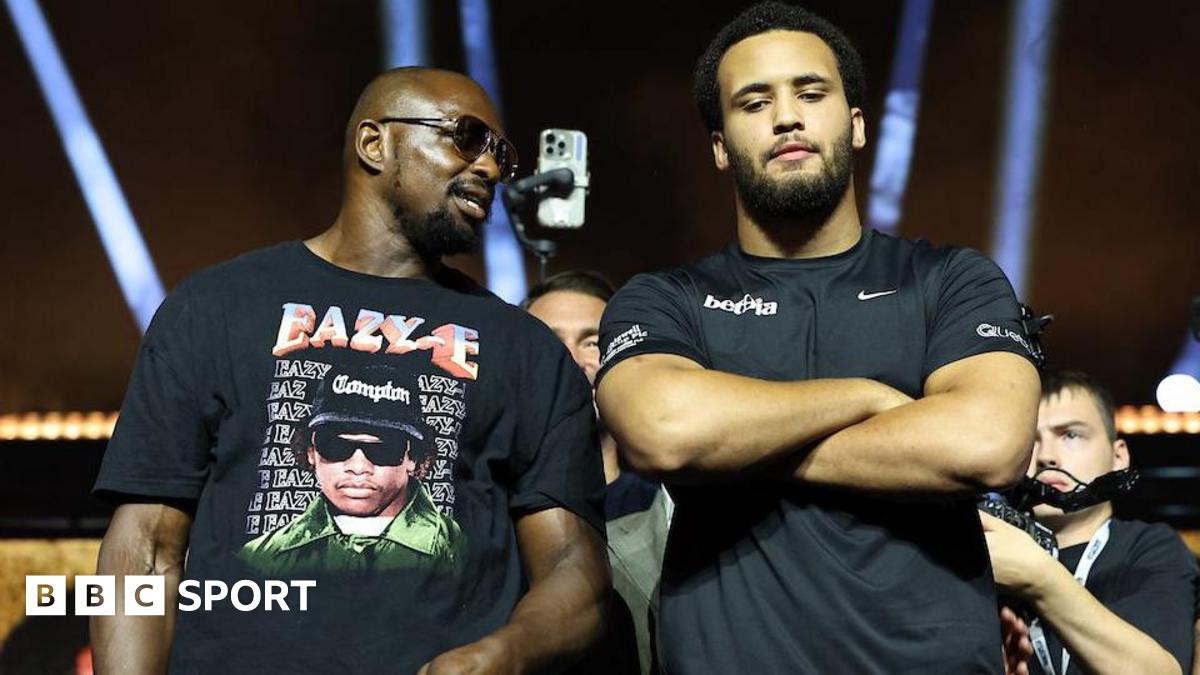AI isn’t killing jobs, it’s changing who gets hired

I began my career in neuroscience—not in business, not in engineering, not in HR.
When I became head of product at GitLab, I hadn’t managed a product team before. I didn’t have the traditional credentials. But someone took a chance on me based on what I could contribute, not where I had worked.
That moment changed the trajectory of my career. It also changed how I hire.
At Remote, we focus on capability over pedigree. What someone can do matters far more than what their resume suggests. That mindset has always been useful. But with the rise of AI, it’s becoming essential.
The shift we’re experiencing goes beyond productivity and automation—it’s about how we define job readiness, recognize potential, and avoid replicating the exclusions of the past. AI is already changing how people work. But if we want it to improve how we hire, we must apply it deliberately.
This shift is happening as attitudes toward traditional credentials are also changing. Amid rising tuition costs and mounting student debt, just 22% of Americans say a four-year degree is worth the cost if it requires loans, according to Pew Research Center. If companies keep leaning on degree requirements as a proxy for readiness, they risk missing a growing pool of skilled, AI-fluent talent who are proving themselves outside conventional pipelines.
AI is changing who can contribute—and how
I view AI as essential. It’s deeply embedded in my company’s culture and how we function, and its ability to multiply talent has completely shifted how we, and many companies we support, function. Less talked about, however, is that it has also changed what it means to contribute. People with less formal training can do more, faster, if they’re equipped with the right tools and a clear mandate.
Someone without a formal degree can use AI to complete tasks once reserved for experts such as analyzing data, drafting technical documentation, even writing code. A single parent in a rural town can contribute meaningfully to remote teams while spending each day with their children. The same tools that replace certain functions can also empower a much wider set of people to participate in the knowledge economy.
That doesn’t mean experience is irrelevant. It means the gap between being “qualified” on paper and being able to deliver in practice is narrowing, but our hiring systems haven’t kept pace.
This shift demands a change in how we evaluate talent. If contribution no longer depends on pedigree, hiring systems built around degrees, brand names, and linear resumes start to fall short. Companies need to shift from resume screens to problem-solving prompts, or from interview panels to real-world trial projects.
While the support for skills-based hiring has grown in recent years, a 2024 report from Harvard Business School and the Burning Glass Institute found that fewer than one out of every 700 hires in the past year were made based primarily on skills rather than traditional credentials. The appetite for change is clear, but until hiring systems catch up, companies will keep filtering out exactly the kind of talent they say they want.
The resume is losing signal
The temptation is to believe that AI itself will solve that problem—that it will automatically surface hidden talent. But that’s a dangerous assumption. Left unchecked, AI hiring systems can replicate and even intensify existing biases. Algorithms trained on historical data may favor candidates who resemble previous hires based on education, geography, or background. In some cases, automated filters penalize career gaps or overlook nontraditional applicants entirely.
If we’re not careful, we risk embedding these filters deeper into the systems we use to scale. Access to AI tools and fluency with them is not evenly distributed. Candidates from underrepresented backgrounds, non-native speakers, or people living in under-resourced regions may not have equal exposure or confidence with these tools.
Equity isn’t just moral; it’s operational
To spot the best talent, we need hiring practices that reflect modern skills: adaptability, communication, and the ability to learn quickly.
My company uses asynchronous workflows that mirror how our teams operate. We emphasize clarity of thought, responsiveness, and problem-solving in context. Our internal documentation and onboarding approach are designed to help people ramp quickly, regardless of background or time zone. Those practices make it easier to evaluate candidates based on how they work, not just how they present.
Remote work has already proven that talent doesn’t need to be colocated to contribute. It’s also exposed where structural inequities persist. Access to reliable infrastructure, tool fluency, and global employment systems still varies widely. Equity doesn’t happen by default. It must be designed.
AI is redefining readiness
AI may accelerate tasks and reduce the cost of execution. But it doesn’t eliminate the need for talent. It raises the bar for how talent is integrated and who gets a fair shot. The best candidates may not come through traditional pipelines, live in a major city, or have a college degree. But they are ready to contribute.
What companies need now are hiring systems that prioritize contribution over credentialism. That includes making AI training a standard part of onboarding—not a perk for the technically inclined—and ensuring that workflows reflect how teams operate. If your work is async, global, or fast-changing, the hiring process should test for those dynamics.
Here’s where I recommend employers start:
- Test for how people will work, not how well they interview. Use trial projects, async exercises, or written problem-solving prompts that mirror real workflows. And yes, let them use AI.
- Make AI training part of onboarding for everyone and treat AI literacy as a standard skill to level the playing field.
- Audit your tools and data for bias. Regularly review which signals your systems reward and whether they’re excluding qualified, nontraditional candidates.
The best candidates may not look like your past hires, but you might be surprised where you find talent ready to deliver.
Job van der Voort is CEO and cofounder of Remote.
What's Your Reaction?
 Like
0
Like
0
 Dislike
0
Dislike
0
 Love
0
Love
0
 Funny
0
Funny
0
 Angry
0
Angry
0
 Sad
0
Sad
0
 Wow
0
Wow
0


























































































